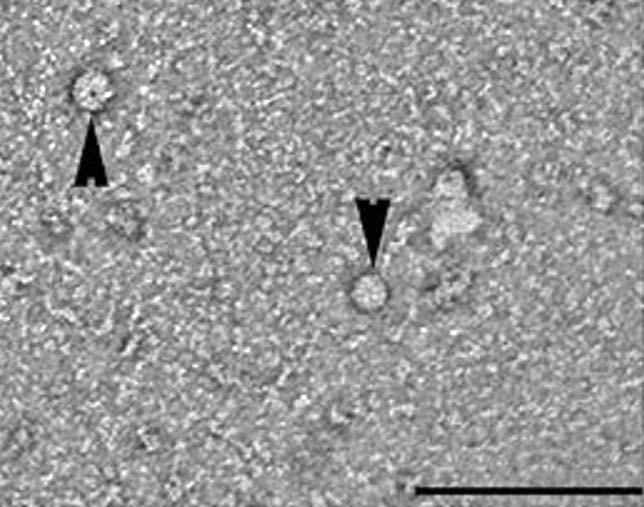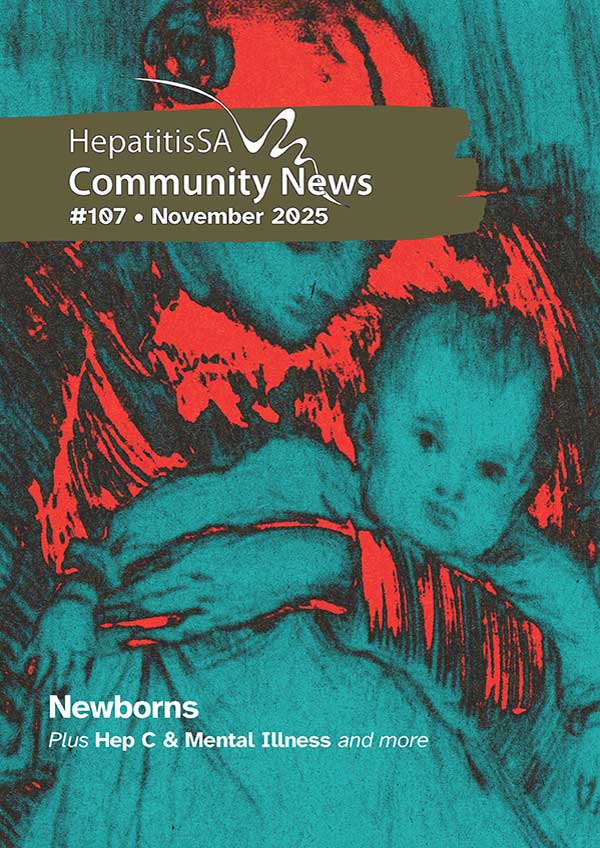Hepatitis E is relatively rare in Europe, but in recent months there has been a strange and unexpected jump in cases, according to a recent report from the European Centre for Disease Prevention and Control (ECDPC). In early 2024, 520 Hepatitis E virus (HEV) infections had been found in 10 European countries. No connection has been established between the cases in different countries.
Hepatitis E, caused by the hepatitis E virus (HEV), is most common in developing countries with an inadequate water supply and poor environmental sanitation. It is most usually spread through the faecal-oral route where contaminated human bodily waste enters the water or food supply.
Hepatitis E epidemics involving large numbers of people have been reported in Asia, the Middle East, Africa, and Central America, but not in Europe. People living in crowded camps or temporary housing, including refugees and people who are internally displaced, are at particularly high risk. Hepatitis E can also be spread from a pregnant woman to her foetus, and through transfusion of infected blood products. Hepatitis E is an uncommon infection in Australia where most cases are acquired overseas.

The recent cases in Europe were found in Belgium, the Czech Republic, Finland, Germany, the Netherlands, Ireland, Denmark, and Spain, all with multiple cases, while Portugal, Estonia, and Sweden all had single cases. Only the Estonian case is known to be travel-related. Finland, the only country to release information from medical interviews with the affected patients, said 21 of the 24 interviewed cases reported eating mettwurst or salami of various brands during the incubation period, suggesting fermented meat products as the route of infection.
Most people with hepatitis E recover completely. However, for pregnant women, hepatitis E can be a serious illness, with mortality reaching up to 30 per cent among pregnant women in their third trimester. Hepatitis E can also pose serious health threats to people with pre-existing chronic liver disease and organ-transplant recipients on immunosuppressive therapy, resulting in decompensated liver disease and death. There is no specific treatment or commercially available vaccine in Australia for hepatitis E.
According to officials, cases of Hepatitis E are likely to continue to be recorded in Europe. The European Centre for Disease Prevention and Control (ECDC) recommends further investigations, including patient interviews of exposures and sequencing analyses, to assess better the epidemiological situation, transmission routes, and potential cross-border threat.
Last updated 13 March 2024
More from:
Enjoyed this article? Subscribe to be notified whenever we publish new stories.
Subscribe for Updates





